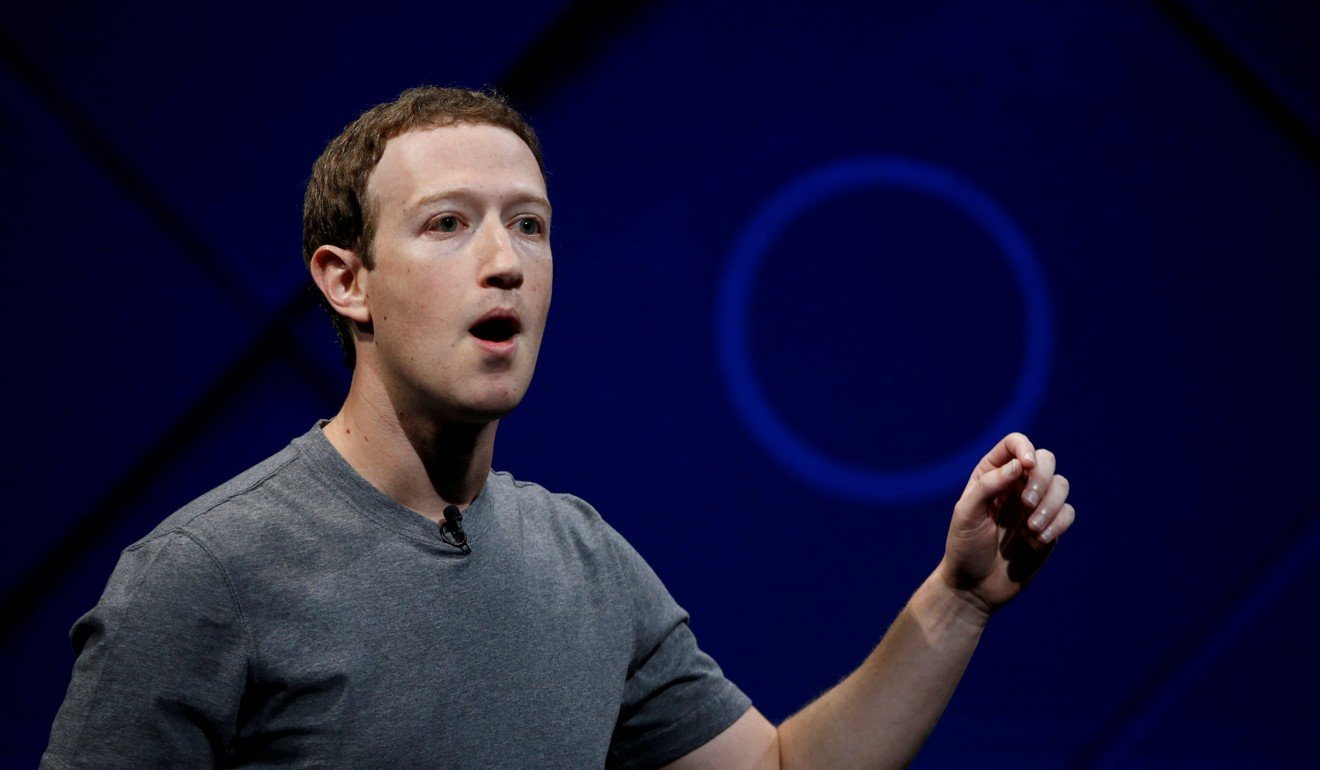
How Cambridge Analytica exploited Facebook users’ data, and why it’s a big deal
Cambridge Analytica reportedly used the data, taken without authorisation in early 2014, to build software to predict and influence choices at the ballot box
The revelation that Facebook users had their data mined and sold to political campaigns seeking to influence voters’ behaviour has had wide-ranging implications in both the US and Britain, and for the social media giant.
The company at the centre of the scandal is Cambridge Analytics, a consulting firm set up to convert the data of Facebook users into tailored psychological profiles which could then be used to target them with customised political advertisements.
Details are still emerging about how Cambridge Analytica operated but the value of “big data” has been powerfully demonstrated, creating an urgent challenge for Facebook and other tech firms.
What is Cambridge Analytica and what did they do?
Cambridge Analytica is a data analysis firm that harvested private information from more than 50 million Facebook users without permission.
According to the company’s executives, the firm has worked in more than 200 elections around the world. In 2016, it worked for Donald Trump’s presidential campaign and the Leave movement in the referendum on Britain’s membership of the European Union.
The firm’s methods were revealed by Christopher Wylie, who helped set up Cambridge Analytica and worked with an academic at Cambridge University to obtain the data. He blew the whistle by revealing the system could profile individual voters to target them with personalised political advertisements.
“We exploited Facebook to harvest millions of people’s profiles. And built models to exploit what we knew about them and target their inner demons. That was the basis that the entire company was built on,” Wylie told The Observer.
Cambridge Analytica reportedly used the data, taken without authorisation in early 2014, to build the software to predict and influence choices at the ballot box. The data breach was one of the biggest in the history of Facebook. Trump’s campaign hired Cambridge Analytica in June 2016 and paid it more than US$6.2 million.
Cambridge Analytica vigorously denies the charges levelled against it, and has called Wylie “a part-time employee who left his position in July 2014” who had no direct knowledge of how the firm had operated since.

How was the data used in elections and why is it a big deal?
Cambridge Analytica was in many ways like any other data analysis firm – they processed raw information to build a picture of sections of a population, producing insights into consumer or voter behaviour for those willing to pay.
During the 2016 US presidential election campaign, Cambridge Analytica used the data to target undecided voters in swing states such as Wisconsin, Michigan and Pennsylvania, all of which were won by Trump.
Cambridge Analytica’s method, known as “psychographic microtargeting”, involves pitching customised messages or advertisements to individuals based on data-mined psychological profiles.
The data was harvested in 2014 via a questionnaire app on Facebook called “thisisyourdigitallife”, which attracted 270,000 subscribers – a relatively small amount. But the app didn’t just scrape the data from those subscribers but also from their Facebook friends, which amounted to a network of about 50 million people. Cambridge Analytica was then set up to process and sell this data to parties seeking to influence voters.
The pitch was that “psychographic microtargeting” could identify voters based on particular personality traits – such as neuroticism or openness or conscientiousness – and ensure they saw ads tailored according to those traits, in turn influencing their vote.
It’s far from clear that Cambridge Analytica’s work was decisive – the point is that they used Facebook to harvest this data, without users’ consent.

How has Facebook responded?
Facebook was criticised for its sluggish response to the revelations and the company’s stocks plunged in the immediate aftermath. When CEO Mark Zuckerberg eventually addressed the crisis, he vowed to implement measures to better protect users’ data.
“We have a responsibility to protect your data, and if we can’t then we don’t deserve to serve you,” Zuckerberg said. “I’ve been working to understand exactly what happened and how to make sure this doesn’t happen again.”
However, the implications for Facebook – and others companies such as Google and Twitter – could be dramatic, particularly as Facebook knew in 2015 that data had been harvested but did not reveal the full extent of the breach.
A powerful US watchdog agency, the Federal Trade Commission, said it would investigate Facebook, a probe that carries the potential for steep fines and other penalties on the social media giant. US lawmakers have also requested Zuckerberg testify to Congress about the network’s handling of user data.
An appearance by Zuckerberg before Congress would indicate the company is bowing to pressure at home in the most serious crisis in its 14-year history. However, Zuckerberg will not appear before a British parliamentary committee on misinformation and social media, choosing instead to send one of his deputies, the company said.
